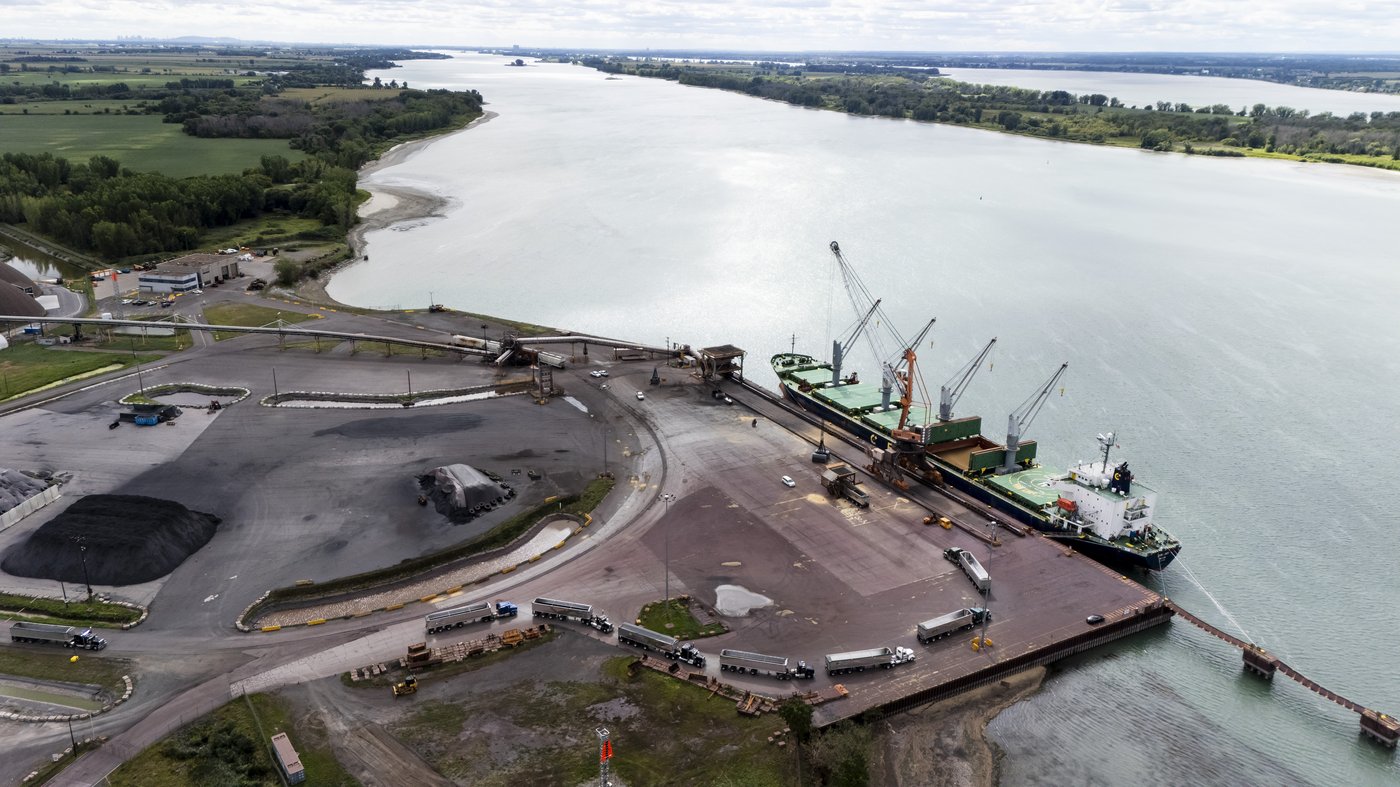Residents say Port of Montreal expansion in Contrecoeur unnecessary, harmful

MONTREAL — Dozens of residents of a town northeast of Montreal where the Port of Montreal wants to expand capacity at a container facility say the project is unnecessary and harmful.
Residents demonstrated Sunday to show their opposition to the project, which is among the first group of five nation-building infrastructure projects that Prime Minister Mark Carney hopes to see approved and implemented quickly under the Building Canada Act.
Residents argue the plan to have Contrecœur terminal to eventually handle an estimated 1.5 million containers annually is one that is harmful to health, the environment, as well as being unnecessary.
The federal government and port officials say the project is to meet a future need but its opponents have argued it doesn’t fall under a project of national interest under Bill C-5 to increase Canadian autonomy, as it would increase dependence on foreign countries while circumventing Canadian and Quebec environmental laws.
However, the Montreal Port Authority says in a statement the project has undergone a comprehensive environmental assessment process and received a favourable decision.
Hélène Reeves, spokesperson for the Vigie citoyenne Port de Contrecœur, a citizen-driven movement, says she was taken aback after hearing Quebec Premier François Legault describe the St. Lawrence River as a “highway” that allows for moving goods while emitting less greenhouse gases.
Reeves said in an interview on Sunday that economic vision is outdated and that it is harmful to pursue an economy that destroys the environment while in the midst of a climate crisis.
The port authority is moving ahead with preparatory work, which includes installing fences and access roads, constructing work platforms, selective tree cutting, and outfitting offices at the site, about 45 kilometres northeast of Montreal.
The work also involves dredging the bottom of the St. Lawrence River, habitat of the copper redhorse, an endangered fish species. It needs approval from Fisheries and Oceans Canada.
This report by The Canadian Press was first published Oct. 26, 2025.
Join the Conversation!
Want to share your thoughts, add context, or connect with others in your community?
You must be logged in to post a comment.


















